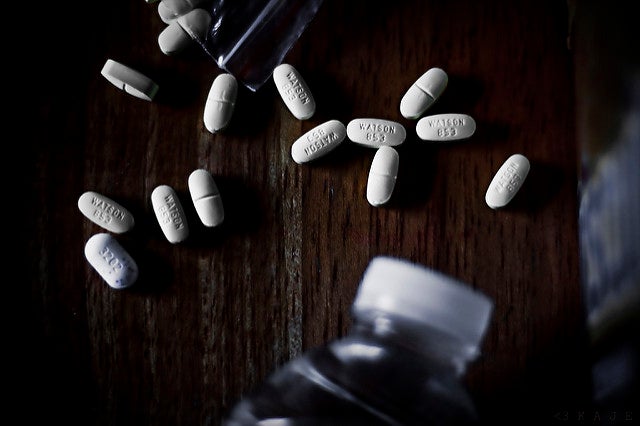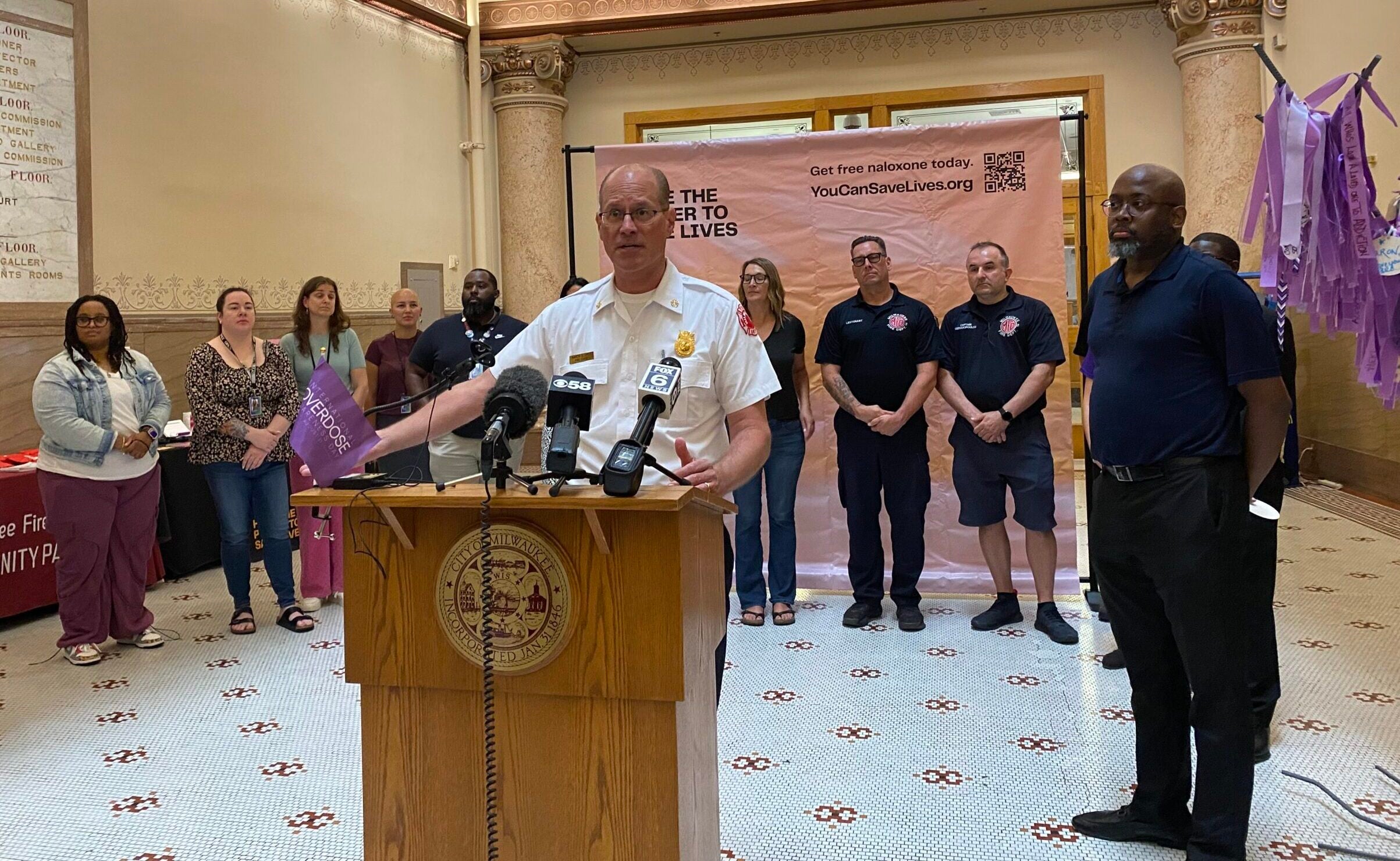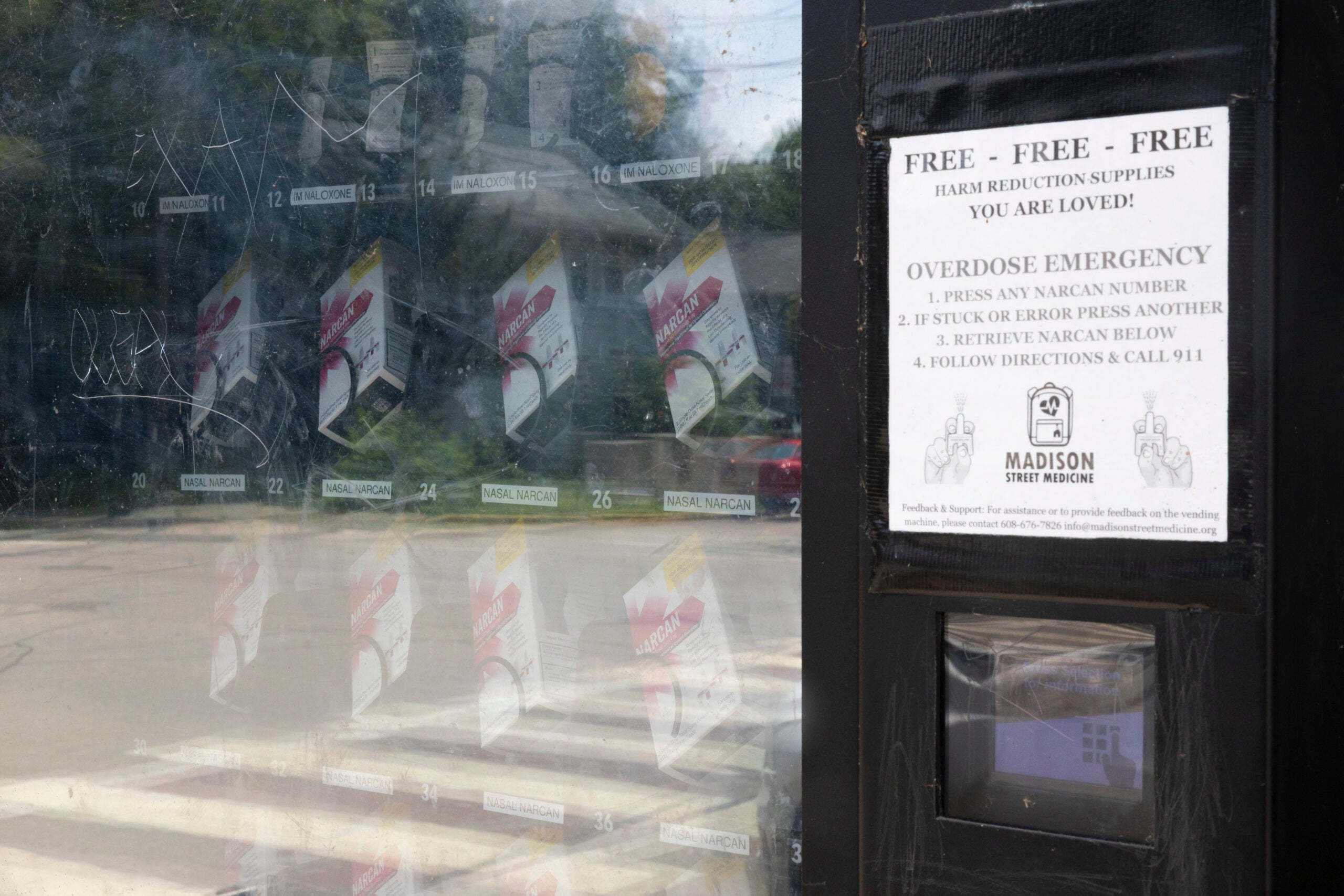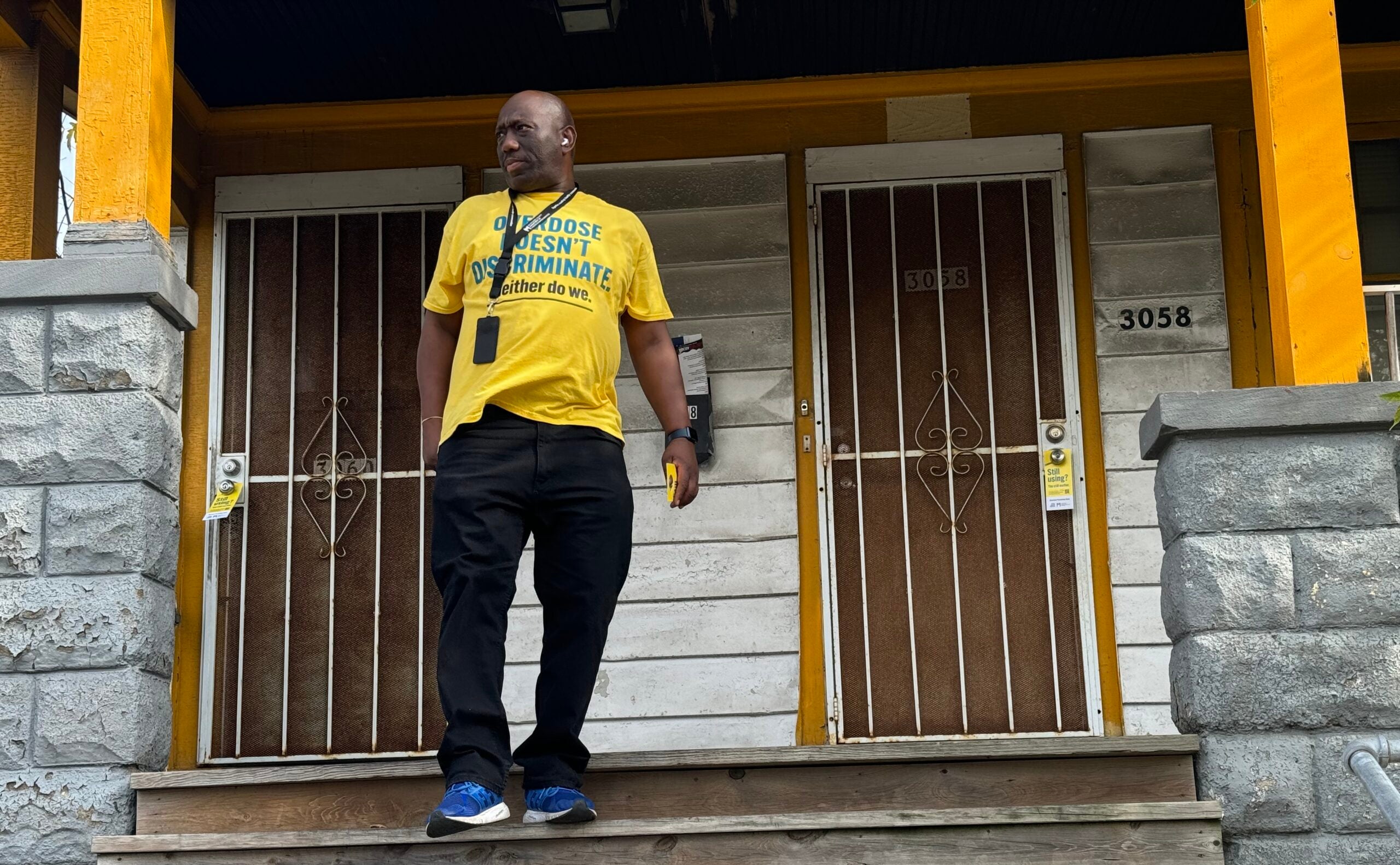Federal health officials announced $1.7 million in grants Friday to fight opioid addiction in Wisconsin.
The money will go to expand use of Naloxone, a drug that counteracts overdose, and toward educating doctors against over-prescribing narcotic painkillers — something that often leads to heroin use. It will also pay for a kind of treatment called medication-assisted treatment, or MAT, that combines counseling and anti-addiction drugs.
“Wisconsin is a leader in advancing MAT, with 100 percent of Wisconsin’s opioid treatment facilities providing MAT to 80 percent or more of their patient capacity,” said Kathleen Falk, the midwest regional director for the Department of Health and Human Services.
News with a little more humanity
WPR’s “Wisconsin Today” newsletter keeps you connected to the state you love without feeling overwhelmed. No paywall. No agenda. No corporate filter.
Five health clinics in underserved areas in Milwaukee, Madison, Marshfield and Iron River will get grant money. Reba Riace, director of the NorthLakes Community Clinic in Iron River, said rural areas need more treatment options nearby to make a dent in a problem that’s growing. One troubling aspect of the epidemic, she said, was that of pregnant women taking drugs.
“We are seeing enormous numbers of babies being born with neonatal abstinence syndrome, which means they are withdrawing from opiate addiction they contracted in their mother’s womb,” said Rice. “We’re seeing huge numbers of families torn apart by this addiction.”
Rice said her clinic will use the money to expand drug treatment to area jails.
Wisconsin Public Radio, © Copyright 2026, Board of Regents of the University of Wisconsin System and Wisconsin Educational Communications Board.





